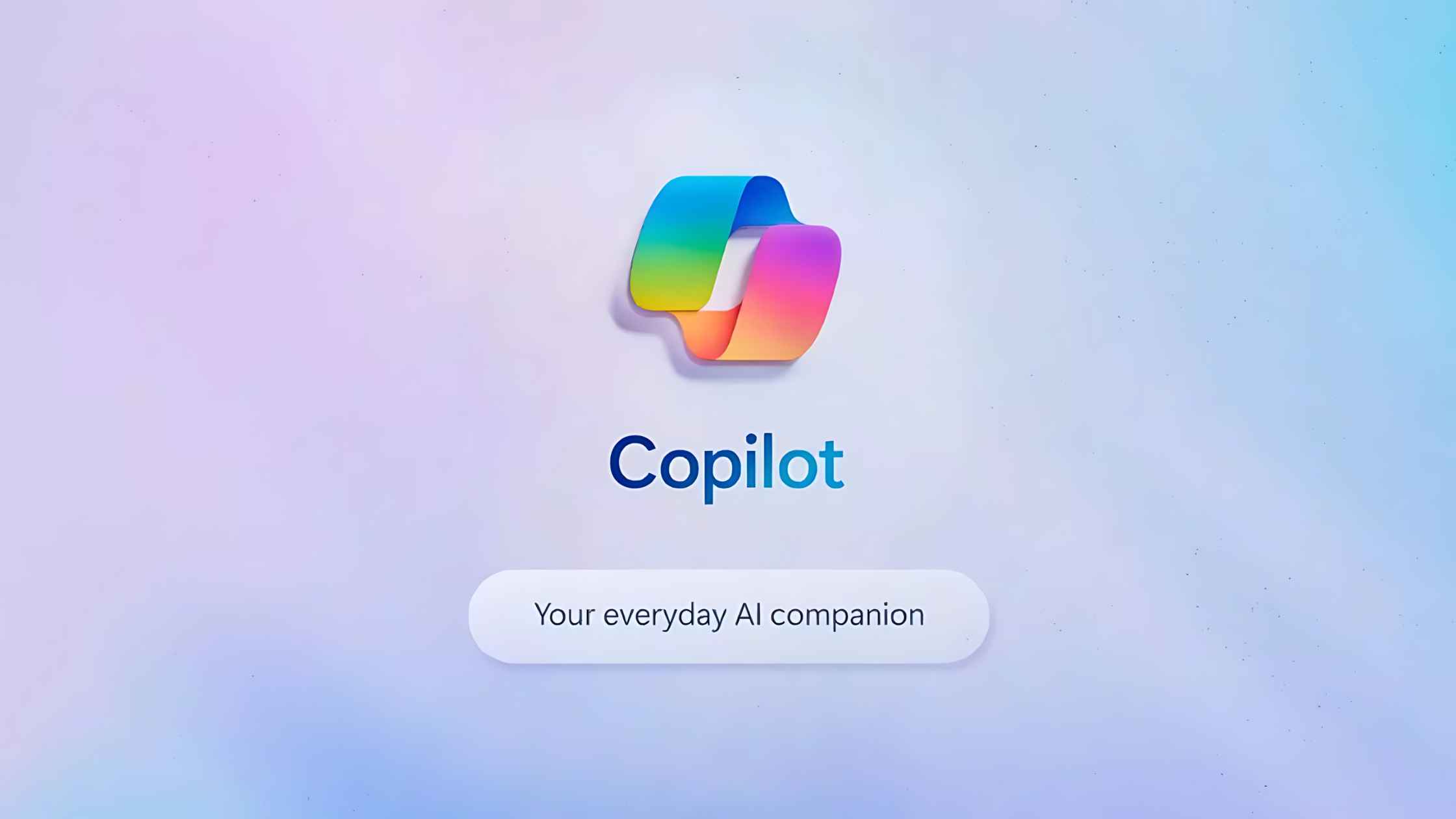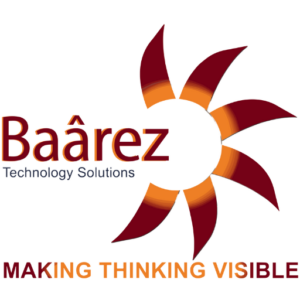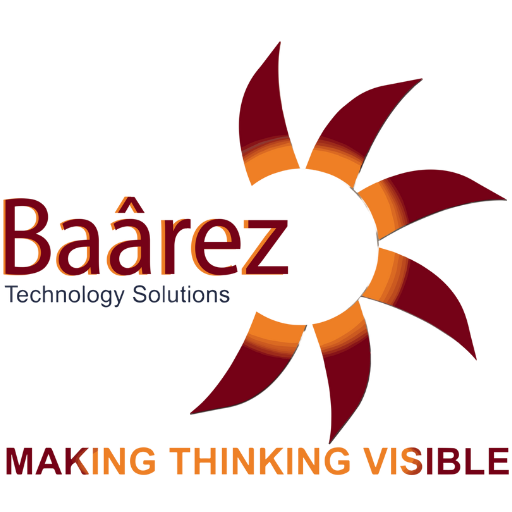
Microsoft is preparing to make significant changes to its AI offerings by rebranding its widely recognized “Microsoft Copilot” across various platforms. The tech giant is reportedly planning to rename its AI-powered chatbot for business users, aligning it more closely with its flagship productivity suite, Microsoft 365. This rebranding will see the introduction of new names across different Office applications and business tools, signaling a shift in Microsoft’s AI strategy.
Table of Contents
ToggleMicrosoft 365 Copilot: The New Identity
According to reports from reliable sources, including The Verge, Microsoft is in the process of rebranding its “Microsoft Copilot” to “Microsoft 365 Copilot.” This change underscores Microsoft’s intention to emphasize the integration of AI within its subscription-based Microsoft 365 suite. The rebranding will affect various Copilot features, such as “Copilot in Word,” which will soon be known as “Microsoft 365 Copilot in Word.”
This branding update extends to other AI-driven tools within the Microsoft 365 ecosystem. For instance, specialized versions of Copilot for Sales, Service, and Finance will be renamed under the new branding scheme, potentially becoming “Microsoft 365 Copilot for Sales” and so on. This move reflects Microsoft’s broader vision of embedding AI deeper into its core business software offerings.
Business Chat: The Future of AI-Powered Communication
One of the notable changes in this rebranding effort is the introduction of “Business Chat.” This term will be used to describe the graph and web-based chat experiences within Microsoft 365 Copilot. Business Chat will become the go-to name for AI-driven communication tools that are integrated into the Microsoft 365 platform. This shift indicates a strategic move by Microsoft to consolidate its AI offerings under a unified brand, making it easier for businesses to understand and utilize these tools.
Despite this rebranding effort, it is important to note that there isn’t a single engineering team overseeing all Copilot developments within Microsoft. Different teams are working on various Copilot offerings, and this rebranding will help streamline their efforts under the Microsoft 365 umbrella. However, how future AI tools outside of Microsoft 365 will be branded remains to be seen.
Impact on Consumer Products: What Stays the Same
While these changes primarily target the business side of Microsoft’s AI products, consumer-facing versions of Copilot, such as those found in web and mobile apps, are expected to retain their original branding. This decision suggests that Microsoft aims to maintain a clear distinction between its business and consumer AI offerings, ensuring that users in both segments receive tailored experiences.
The Competitive Landscape: Google’s Bard Becomes Gemini
Microsoft’s decision to rebrand Copilot comes on the heels of similar moves by its competitors. Earlier this year, Google rebranded its AI chatbot, Bard, to Gemini. This rebranding aligns with the naming of Google’s AI models, also called Gemini. According to Google CEO Sundar Pichai, the name change reflects a unified approach to AI development, emphasizing the company’s commitment to building more capable and safe AI models.
Pichai explained in an interview with CNBC that the rebranding was driven by the desire to create a seamless user experience, where interactions with Bard would directly connect users to the underlying Gemini models. The Gemini Large Language Models (LLMs) are available in three tiers: Gemini Nano, Gemini Pro, and Gemini Advanced, each catering to different levels of AI capability.
What This Means for the Future of AI in Business
The rebranding of Microsoft’s Copilot and Google’s Bard highlights a broader trend in the AI industry, where major players are refining their branding strategies to better communicate the capabilities of their AI tools. For Microsoft, renaming Copilot to Microsoft 365 Copilot signifies a deeper integration of AI into its core business software, making these tools more accessible and intuitive for business users.
As AI continues to evolve, these branding changes are likely just the beginning. Companies like Microsoft and Google are investing heavily in AI development, and their rebranding efforts reflect a growing focus on making AI tools more user-friendly and aligned with their overall product ecosystems. For businesses, these changes present new opportunities to leverage AI for enhanced productivity and innovation.
In conclusion, Microsoft’s rebranding of Copilot to Microsoft 365 Copilot represents a strategic move to strengthen its AI offerings within the business sector. As the company continues to innovate and expand its AI capabilities, this new branding will play a crucial role in shaping the future of AI-powered business tools.


